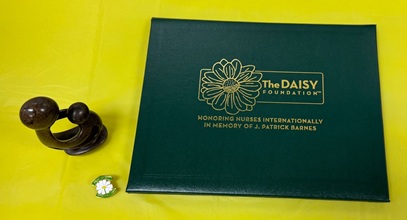Master of Public Health

Request Information
Master of Public Health

As part of the public health courses at South University, you’ll learn about public health, and its many topics on a local, national, and international scale. During the Master’s Degree in Public Health class discussions, research, assignments, and one-on-one interactions with the public health faculty, you’ll have the opportunity to learn how to handle health-related issues like controlling infectious diseases, improving access to healthcare, and reducing environmental hazards. The Master’s degree program at the Montgomery campus culminates in a practicum experience in which you apply your new knowledge, skills, and abilities around public health science to a real-world public health setting, such as a government or social service agency, community or public health organization, or other approved business*.
*South University does not promise or guarantee licensure, employment, or salary amounts.
Admission Requirements
Career Outlook
These are some of the career options* you can explore when you have earned your degree:
Medical and Health Services Supervisors/Managers
Community Health Workers
Medical Administrative or Office Staff
*South University does not promise or guarantee licensure, employment, or salary amounts.
MPH at South University is an applicant for accreditation by the Council on Education for Public Health. The accreditation review will only address the MPH degree at South University. Other degrees and areas of study offered by South University will not be included in the unit of accreditation review.
Course Requirements
Outcomes
What's New
Latest News and Blogs

Apr 09, 2025
Elevate Your Future: The Power of Continuous Learning
There are many ways to constantly be learning to help improve a career. Explore these tips to help you continuously be learning.

Apr 08, 2025
Celebrate our 2024 DAISY Honorees
Celebrate the 2024 DAISY Honorees from South University. We are so proud of our Honorees for all their hard work.

Apr 01, 2025
Mindfulness for Beginners: How to Get Started
In this next installment of the QEP series, learn some valuable tips to help improve your mindfulness.

Mar 19, 2025
First-Year Student Jeopardy Winners at Florida Academy of Anesthesiologist Assistants
Four first-year Anesthesiologist Assistant students win the Jeopardy game at the Florida Academy of Anesthesiologist Assistants conference.

Mar 12, 2025
Alumni Spotlight: From High School Dropout to CEO
Learn how Nadine Singh utilized her education from South University to create her own healthcare services.

Mar 11, 2025
Psychology Careers: Addiction and Substance Abuse Counselors
Learn how addiction counselors aid in substance abuse and addiction recovery.
Outstanding Education for Remarkable Careers
We're committed to helping our graduates make impact in their professional and personal lives. We applaud our nursing alumni and the difference they make. Check out what some of our graduates have to say.





